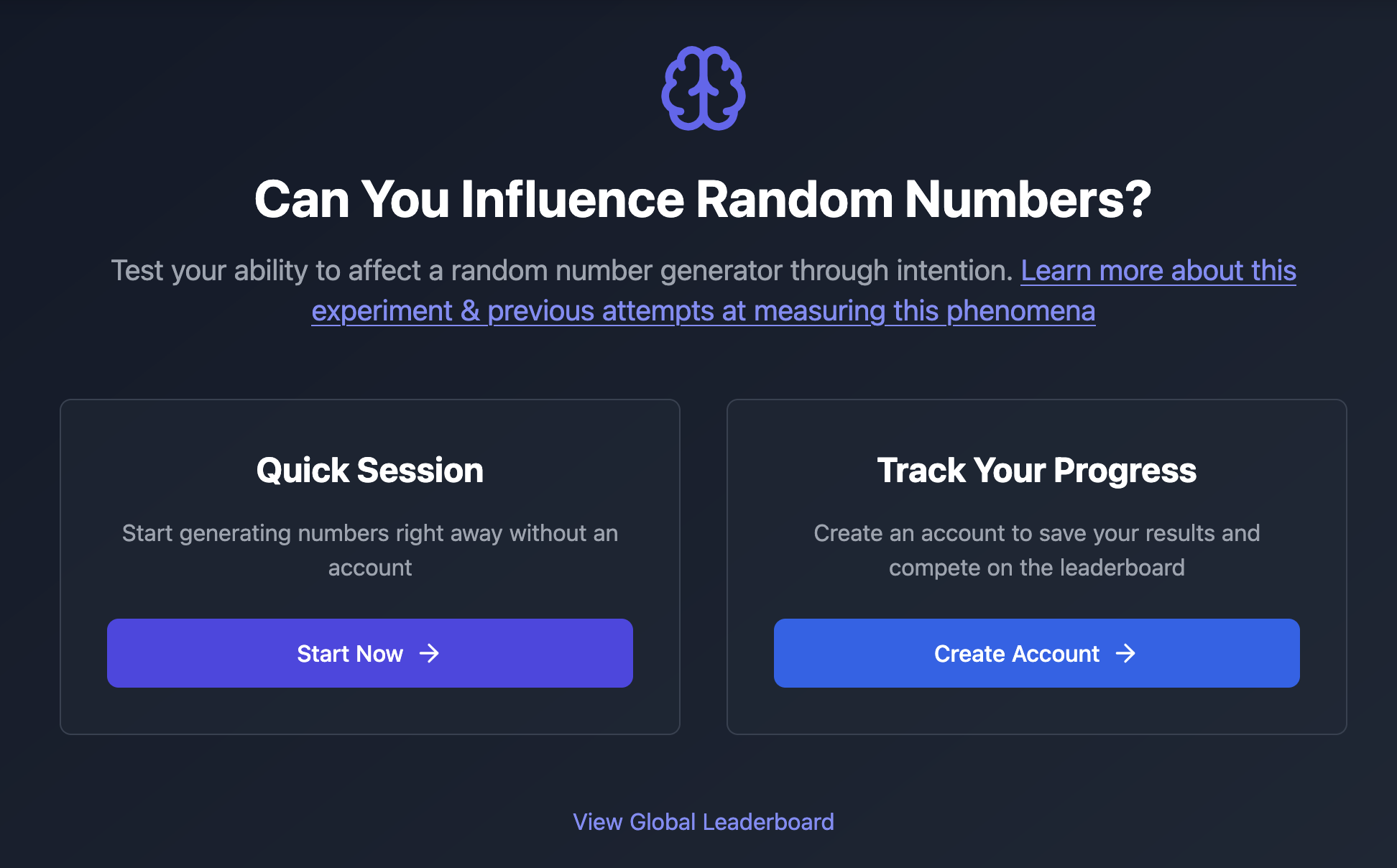Projects
olivelibrarylinks
The Olive Free Library, my amazing local library, needed a simple way to share curated resources—think Linktree, but free and simpler. Meet ‘Olive Library Links’. It’s a static Next.js site with a PHP backend that pulls from Google Sheets, caches responses, and delivers a simple no nonsense list of links. The whole thing weighs in at just 170kb and scores a .2ms load time. It’s fast, lightweight, and runs completely free on Vercel’s static hosting with a simple PHP endpoint for data.
The architecture is simple: Next.js 15 generates the static UI, while a PHP 8.1+ script handles Google Sheets access with five-minute caching. No database needed–just a flat-file JSON cache that keeps things snappy even if the Sheets API goes down. Fork away and use it for your own purposes. Full details on GitHub.
IA Mirror

IA Mirror is a Dockerized utility for mirroring and downloading items from the Internet Archive. It wraps the official “ia” Python library with advanced features like parallel downloads, bandwidth throttling, and metadata caching to handle large-scale or complex downloads reliably. I started with adding parallel downloads and found I could make a tool that overcomes some of the instability and constraints of the IA server. The standard Python CLI tool is great for simple downloads, but this adds a lot of features for folks who need more control and reliability – all without hammering the IA servers.
Example usage:
docker run --rm \
-v "$PWD/IAdownload:/downloads" \
-e IA_IDENTIFIER=OTRR_Suspense_Singles \
-e IA_DESTDIR=/downloads \
-e IA_ACCESS_KEY=XXX \
-e IA_SECRET_KEY=XXX \
themorgantown/ia-mirror:latestFeatures
- Smart Resuming: Resumes interrupted downloads without redownloading metadata.
- Performance: Native bandwidth capping and configurable concurrency.
- Monitoring: Real-time health check server and detailed JSON reports.
- Batch Mode: Process multiple identifiers at once using a CSV source.
It’s designed to be a “polite” mirror, with built-in backoff and caching to reduce pressure on the Internet Archive’s servers. If you find it useful, please consider donating to the Internet Archive.
Randos.club
Interest beyond just ‘chance’ and ‘fate’ but into the paranormal, psychic phenomena, telekenesis, and new directions in quantum physics drew statisticians and experimenters to a new test: can someone get what they want from a random number generator and beat the odds? In a meta analysis of 380 studies in “Examining Psychokinesis: The Interaction of Human Intention with Random Number Generators” by three researchers, the answer can be summed up as:
Maybe.
“A significant but very small overall effect size was found. The study effect sizes were strongly and inversely related to sample size and were extremely heterogeneous.”
“Unknown to most academics, a large amount of experimental data has accrued testing the hypothesis of a direct connection between the human mind and the physical world.”
“If human intention can influence physical systems, it challenges materialistic conceptions of reality, suggesting a more interconnected relationship between consciousness and the physical world.”
“Over time, experimental and statistical methods improved, and, in 1991, Radin & Ferrari undertook a meta-analysis of the dice experiments, finding small but significant deviations from chance.”
“The transition from dice experiments to random number generators marked a shift toward greater experimental control but also introduced questions about whether psi effects operate on a quantum or macroscopic level.”
“Despite methodological refinements, the evidence for psychokinesis remains controversial, with skeptics attributing observed effects to experimenter bias, selective reporting, and statistical artifacts.”
My hope is that with a global userbase, a large number of sessions, and incredibly random randomness, we can figure this out together.

How random is randos.club? I’ve implemented drand, a public service spearheaded by Cloudflare (also known as the The League of Entropy) which bills itself as “Verifiable, unpredictable and unbiased random numbers as a service.” The drand random number is mixed in with the timestamp, a salt of the username, and stirred up each second (stored as milliseconds after session start) for a mega random number which is hashed to get another number, from which a hash is generated. This hash either represents a 0 or 1 based on its value.
How random numbers are generated on Randos.club:
drand_randomnessvalue is obtained from the Drand network every 30 seconds.saltis generated from the user IDtimestampis recorded for each second past the initial session start, as millisecondcombinedInput=drand_randomness+salt+timestamphash= SHA-256(combinedInput)randomNumber=parseInt(hash.charAt(0), 16) % 2(Take the first character of the hash, convert to a number 0-15, then mod 2 to get 0 or 1)
Playing with chance is an ancient game. Games where we feel like have control over what appears to be random chance have been popular for millenia:
- Bagatelle is a precursor to pinball, where players launch a ball onto a board filled with pins, aiming for it to land in high-scoring holes. The ball’s unpredictable bounces make the game a physical random number generator (RNG), as small variations in force and angle produce different outcomes.
- Pachinko is a Japanese gambling game where players fire small steel balls into a vertical pin-filled board, hoping they land in winning pockets. The chaotic motion of the balls, influenced by gravity, bumpers, and launch variations, creates an RNG effect as the balls fall down.
- Payazzo is a Finnish coin-pusher arcade game where players slide a coin down a slanted surface with pegs, aiming for it to land in designated slots for prizes. The coin’s bounces and deflections off the pegs introduce randomness, functioning as a real-world RNG where each drop is unpredictable.
- Astragali: Ancient people used sheep knucklebones and cast them in both games and rituals as tools for divination
- Senet: In ancient Egypt around 3100 BCE, this board game had bits of chance sprinkled in to determine at what rate players moved through the board.
Moonphase Generator
Building a service to show “what’s today’s moonphase” was a fun project. Today the moon looks like:
Learn more here.

